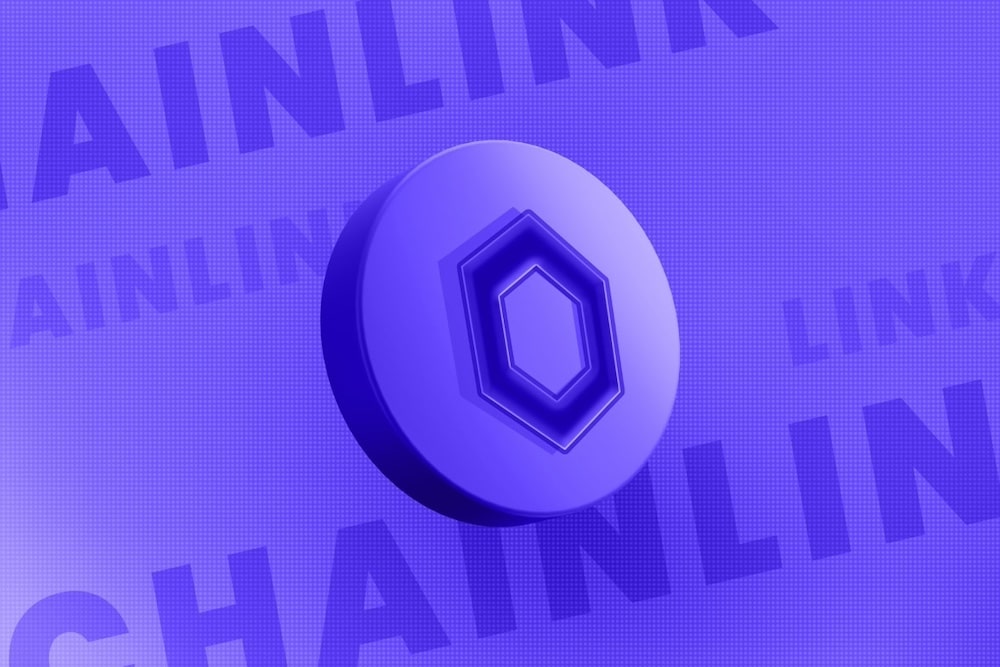Chainlink has recently announced the release of its Chainlink Cross-Chain Interoperability Protocol (CCIP). The protocol enables developers to transfer tokens, send messages, and combine data and value transfers across different blockchains without requiring permissions.
CCIP will streamline the interoperability process between chains, making it easier for developers to integrate blockchain technology into their projects. Now developers can transfer ETH, USDC, and LINK coins across supported networks, including Arbitrum, Avalanche, and Ethereum.
Strategic Importance of CCIP
The interoperability feature of CCIP enhances liquidity and market connectivity for users. According to Chainlink, what sets CCIP apart is that it integrates with Chainlink’s decentralized Oracle network, which aims to ensure both data accuracy and security.
The CCIP system is supported by several blockchains, including Arbitrum, Avalanche, Base, BNB Chain, Ethereum, Kroma, Optimism, Polygon, and WEMIX, with plans to add more subsequently. This is a big leap forward for the blockchain industry as it enables better communication and sharing of data between different blockchain platforms, enhancing their interoperability.
Several platforms such as Aave, Metis, and WEMADE have incorporated CCIP. AAVE, one of the prominent players in the DeFi lending market, has employed CCIP for transferring its GHO stablecoin across different blockchains. Metis has adopted CCIP as its standard token bridge, while WEMADE has implemented it as the exclusive cross-chain infrastructure on its WEMIX3.0 mainnet.
Chainlink can integrate with existing back-office systems, messaging standards, and infrastructure used by institutions. This integration can significantly reduce the operational cost and complexity of tokenized assets.
Chainlink has already demonstrated that institutions can successfully interact with tokenized assets across all blockchains through CCIP’s blockchain abstraction layer. This has been seen in Swift’s blockchain interoperability collaboration and ANZ Bank’s cross-chain settlement case study.
The CCIP has undergone a series of improvements, leading to its general availability. These enhancements include the introduction of a highly secure bridging application called Transporter, expanded token transfer capabilities for USDC and native ETH, an updated pricing model, and a significant increase in usage. Reports indicate that there has been a 900% rise in cross-chain transactions and a 4,000% increase in transfer volume.
Find Cryptocurrencies to Watch and Read Crypto News on the Go Follow CryptosToWatch on X (Twitter) Now

